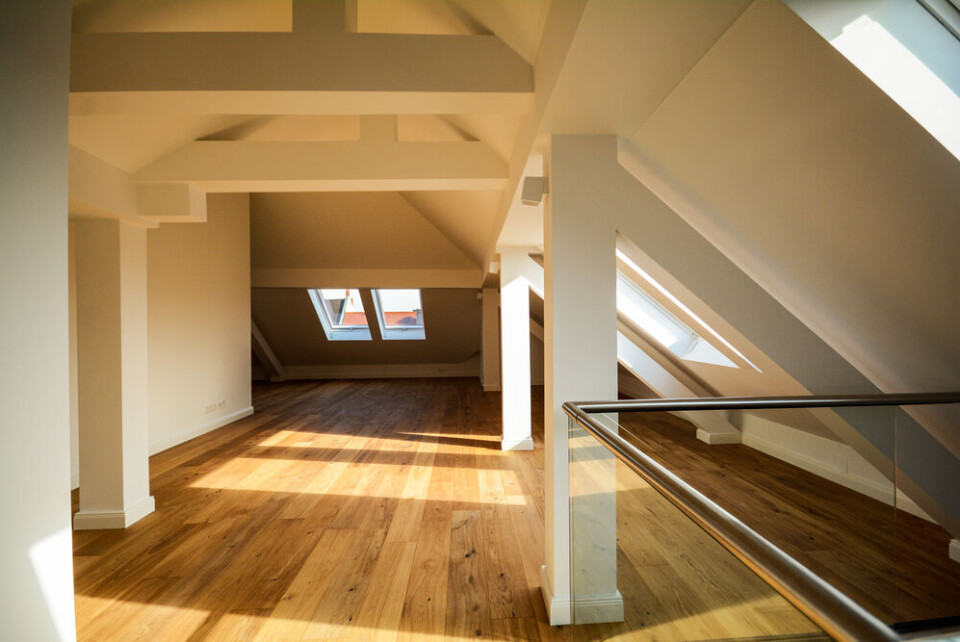-
I had no debits taken for French residential tax - what should I do?
Amounts taken depend on how much, and when, you are scheduled to pay
-
What the seller of a house in France must leave or remove
There are regulations in place for certain items, others can be subject to agreement
-
Can I charge electric vehicle when parked outside my home?
Rules on parking can also affect those looking to charge electric vehicles
Buyers lose case over ‘banned’ loft conversion in France
They wanted compensation from seller, who did not inform them that the loft had been renovated despite sales deed saying it could not be done

A property owner who sells a home with a faulty loft conversion is not responsible for the defects within it – even if they were not supposed to convert it – France’s judicial court has ruled.
The case came after a floor of a loft that had been converted into an extra bedroom of a recently purchased property caved in, leading to fissures on the ceiling of the first floor.
The new owners then discovered that the previous owner had transformed the space despite being informed that the attic was not fit for conversion, and this was highlighted on the property’s deed of sale.
The new owners claimed compensation, arguing that this ‘defect’ had been hidden from them during the sales process.
Property deed rules do not always apply
In September 2022 the Paris court ruled against the new buyers, who took the case to France’s highest appeals court, the Cour de cassation.
This court, however, agreed with the original ruling, and stated that the line in the deed preventing a loft conversion did not apply in all cases.
In a situation where the attic underwent a major structural overhaul from qualified workers and at considerable cost, there is justification that the original reasoning for the ban on converting the loft no longer held true.
If the renovation work was thorough enough, the seller was not required to inform the new buyers that she had converted the loft.
Because the conversion had been carried out in 2004, the court said the changes had been extensive enough, and the buyer may even have been unaware of the defects, due to the age of the renovation and the fact the original owner used a company (rather than carrying out DIY) to make changes.
“Although [the buyers’] deed of purchase stated that the attic space could not be converted, this did not preclude work being carried out to make it habitable,” stated the court in the full ruling.
Related articles
Home sale in France annulled as visible faults not stressed at viewing
Couple cannot demolish and rebuild French home even if not protected
























